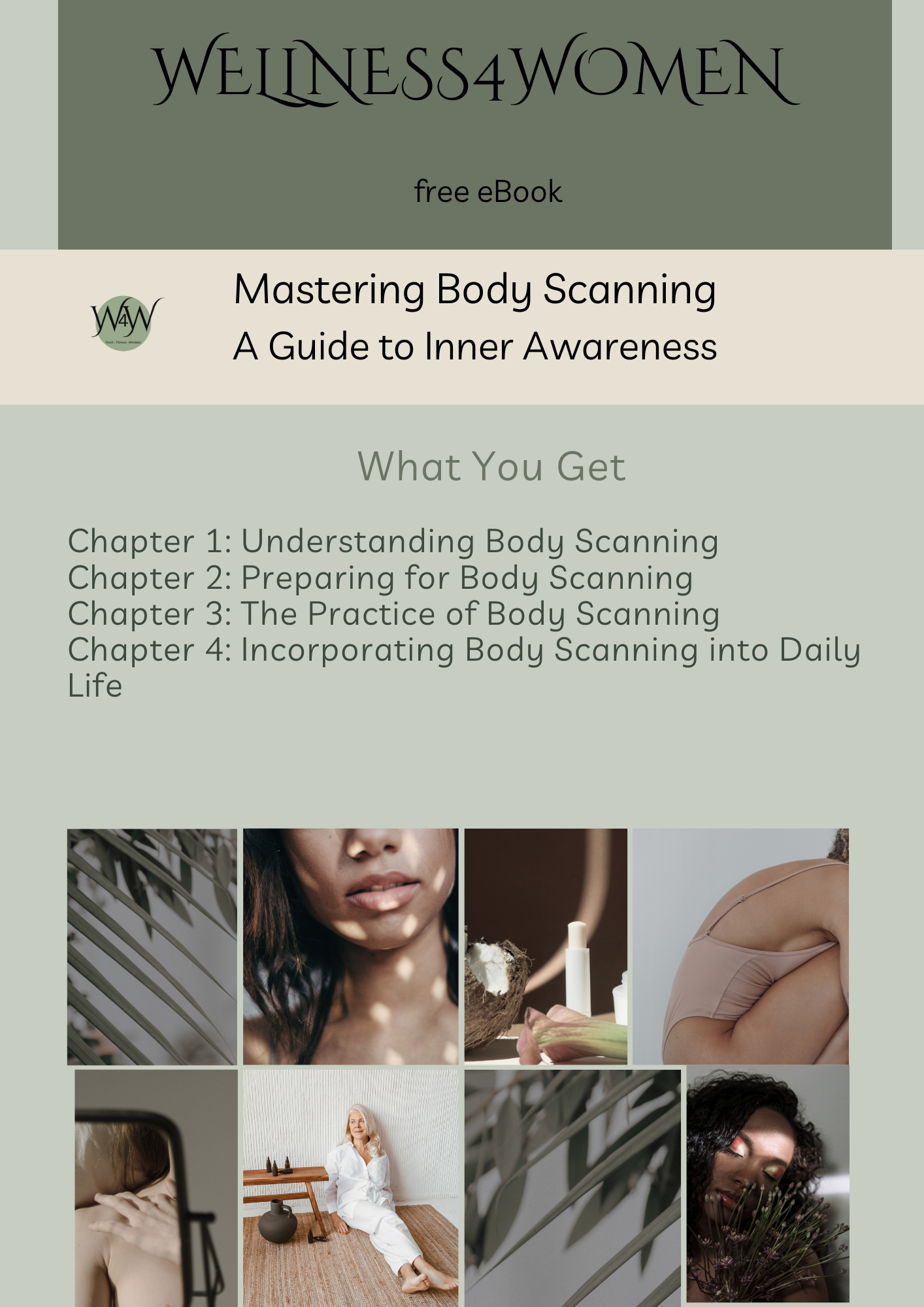We have all experienced events we would rather not remember. But the truth is that the longer we live, the more chance we have of experiencing upsetting or unwanted experiences. Grief and bereavement can be like that. Unwanted and definitely upsetting.
Let’s Start the Conversation on Grief, Bereavement and Mourning.

So, what exactly are bereavement and grief, and what about mourning? Aren’t they the same things? And how do I know when I am experiencing any one of them? And does it really matter that I’m aware of that?
They are great questions; you might be surprised by how often people ask them. And yes, it does matter because You matter. This may surprise you, but bereavement and grief are not the same things, as is the case of mourning. This is important to understand to facilitate you in the process of healing.
BEREAVEMENT
Firstly, let’s look at the word bereavement. The English word bereavement comes from an ancient Germanic root meaning “to rob” or “to seize by violence. Bereavement refers to the period of mourning following a tragic loss. True to the Germanic meaning, when in deep grief, you may feel that you have been seized by overwhelming emotions and may feel violated by those emotions to the extreme that it takes you over for a period.
GRIEF
Grief grabs you from the outside of yourself and takes hold on the inside. Something external that affects you is robbing you of peace and joy, to name a few. And that is why you may feel you are in the grips of profound and sometimes uncontrolled ‘something’. If this is your experience, then?—?you are in deep grief.
The word grief comes from the Latin word gravare, which means to make heavy. Gravare itself comes from the Latin word gravis, which means weighty. So, we think of grief as a heavy, oppressive sadness. It may be a feeling of going through that dark valley as described in Psalm 23. For some, it is somehow familiar to live with this heavy, weighty, oppressive sadness, which can develop into depression, a dark, endless valley, but more about that later.
MOURNING
The word mourning means to show feelings of sadness due to a loss. So, when you are in grief, you show outwardly your loss?—?you are in mourning.
I hope that by defining the meaning of each of these words, you understand that bereavement is the cause and grief is the effect. Bereavement happens to you, and your reaction is grief.
It is essential to realise that we do not treat the cause as in other disorders, but we must think backwards and treat the effect because the cause will never go away.
The cause cannot be removed, your loved one is gone, the situation has changed everything in your life, and there is nothing that can be done. You can’t turn the clock back and change things. It’s happened, and you are bereaved.
You may be thinking, ‘of course, I know when I’m in bereavement and in grief, you don’t have to point it out to me!’
We’ll look at it this way. I have been supporting people in their mental health and spirituality for over 40 years now, and I have found that many people, particularly young people, don’t realise they are grieving until they are unable to function in everyday life.
Many people, through lack of knowledge, fail to identify their bereavement. They carry a load of grief around with them, totally unaware of what it might be. They feel sad, lonely and lost and can’t work out why.
Bereavement can come through ANY loss, not just a death of someone we knew.
Some mistakenly call our sad feelings by some other name. However, it cannot be dealt with because it is not explicitly identified. One needs to know a diagnosis before a treatment can be given.
Grief can develop into a mental health issue if not identified and dealt with. Grief can also be seen as a process of putting back together the pieces of a broken heart, a hole so deep in the middle of your heart that it aches and hurts, and you think it will never stop.
The good news is, and there is good news. Over time, you can change the effect of the grief upon you. With time and effort, it can heal. Working through the different stages of grief can help change and eventually heal that effect.
If you wish to understand more about grief, bereavement and mourning and wish to find release. Then follow this link below to Amazon, top right- change the location to your own country, and you can purchase my book ‘Nothing Good About Grief’ in the country you reside in. LINK
Thanks for being here today,
In the comments section, I would love for you to share your stories and comments about your coping, health, fitness, and wellness strategies with this community.
Remember you only have one life, so- Live Life on Purpose in Faith, Hope, and Love-
Virtual hugs – Paula Rose Parish
Hi, I am Paula Rose, author/writer and wellness consultant. I enjoy consulting and helping women to meet their wellness challenges and needs. Wellness4Women helps women be happy and healthy with a holistic preventive health approach. I have worked internationally with over 40 years of experience, having a Master of Arts in Counselling Professional Development and training in personal development, wellbeing and health and fitness. Discover the secrets to a healthier and happier life with our wellness tips!
You will also find many of my articles and videos on other Platforms-
https://paularoseparish54798.medium.com
https://www.youtube.com/channel/UCvdQ4NPTNfXSnwd3pimPh0g
https://gravatar.com/paularoseparish
You’ll find my books in the top menu linked to Amazon, and if you wish to connect with me, please do so at paularose@wellness4women.blog.
Copyright © 2024. Paula Rose Parish. All Rights Reserved.
Wellness4Women https://wellness4women.blog
#fitnessmotivation #healthwellbeing #wellness



